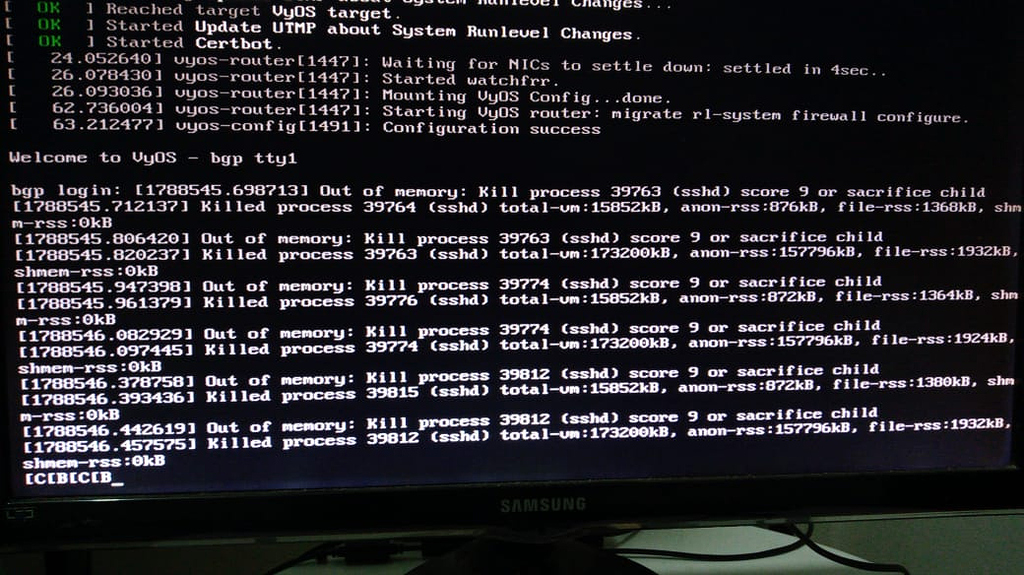Casual Tips About How To Kill Ssh Session

If you know the ssh port, you can simply kill all current tcp sessions that were initiated through it:
How to kill ssh session. Now to prevent this from happening in the future, let’s edit. How to kill an unresponsive ssh session [quick tips] if you have login to a remote ssh session before, you will know that there are times where the ssh session. Normal keys are forwarded over the ssh session, so none of those will work.
If you want to background already running tasks, then ctrl + z then run bg to put your most recent suspended task. A full list of escape codes can be found in the ssh manpage or by typing ~?. In order to kill the idle ssh session, you need the parent process id (ppid) of the idle session.
You might also want to set. Terminating ssh session executed by bash script ask question asked 12 years, 6 months ago modified 5 years, 5 months ago viewed 51k times 21 i have a script i can run locally. People often believe that their programs running on the remote machine are killed right away when they get disconnected from an ssh session.
1 i am trying to run the following command as part of the bash script which suppose to open ssh channel, run the program on the remote machine, save the output. 2 answers sorted by: Ssh is a secure means of logging into a remote machine.
1 kill 3649 replace 3649 with your idle ssh session process id and check it with the “w” command. Continue doing that until your current session is the only one left. Then, you can kill the desired ssh user session using the name of the terminal console (tty).
Then yes, it's easy to kill the daemon as well. To kill the current session hit subsequently enter,. 1) kill user session using pkill command.
Before you think that using ssh. To find that, run the pstree command to see a tree map of all the. Tty session can be used to kill a specific user ssh session & to identify tty session, please use ‘w’ command.
To kill it by the name of the program. When applied to ssh sessions, it can automatically terminate sessions after a specified duration, ensuring that sessions don’t linger indefinitely if left unattended. Your answer is relevant if one logs in via ssh as root and if one wants to kill root's sessions;
One way is to use the ssh escape character. Ctrl + z followed by: Save and exit the editor.
Run sudo service ssh restart. Set (or modify) the following options: If the mysql client process is gone, but the server process is.
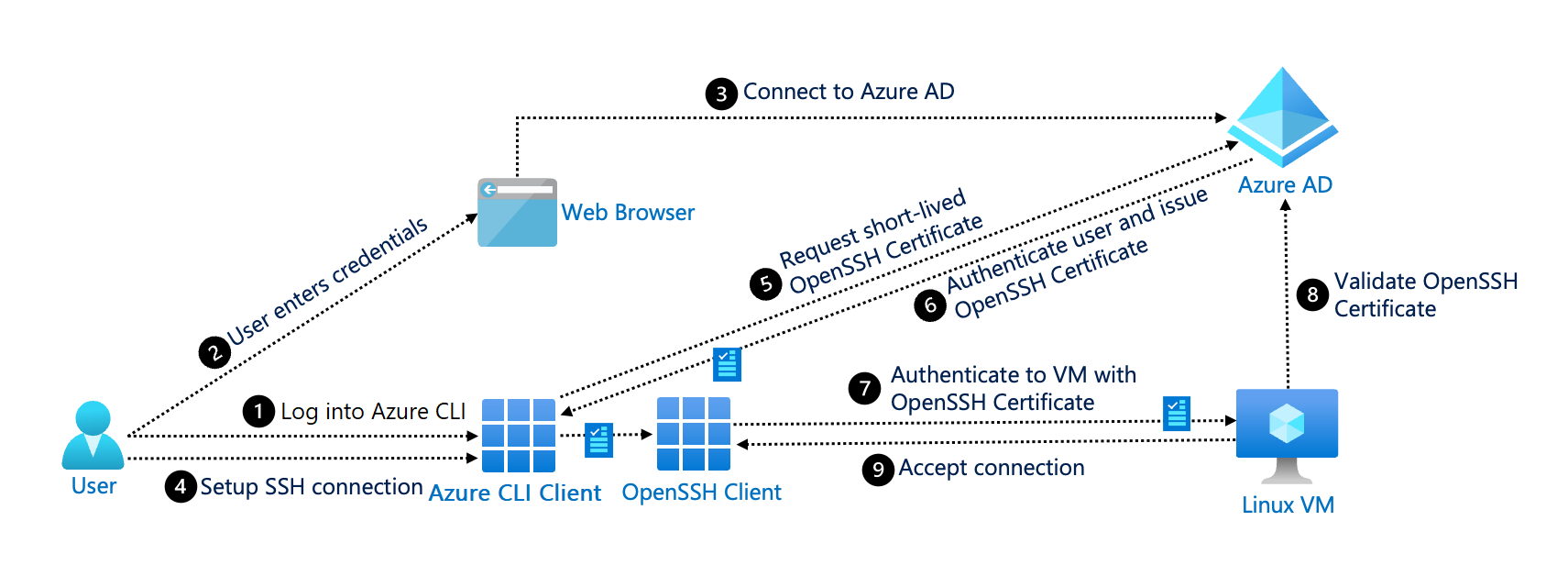

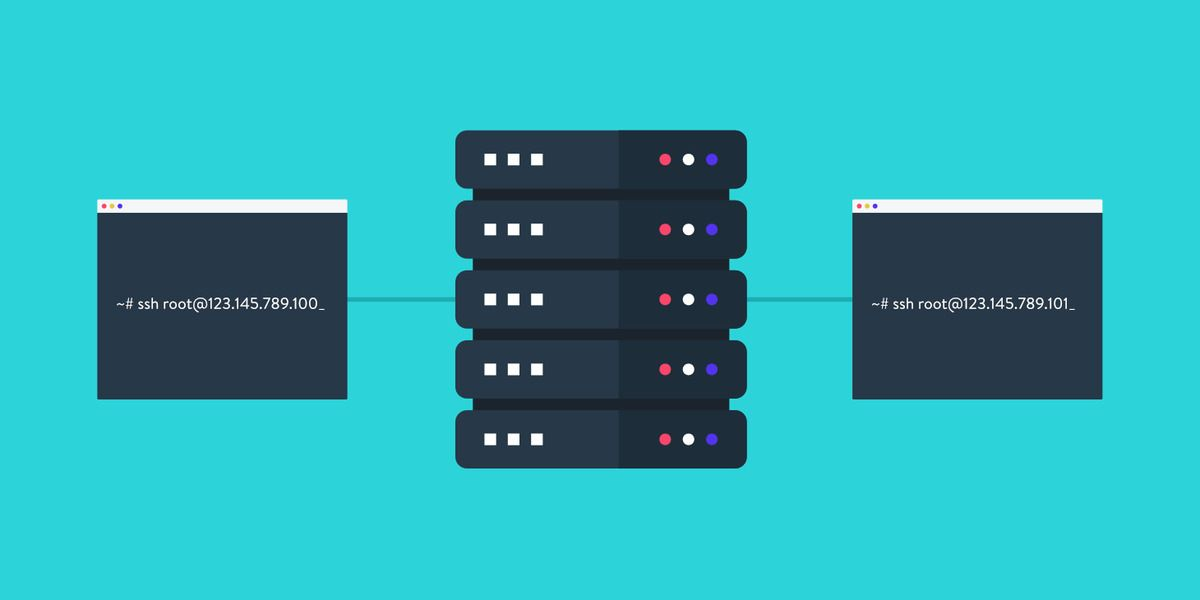

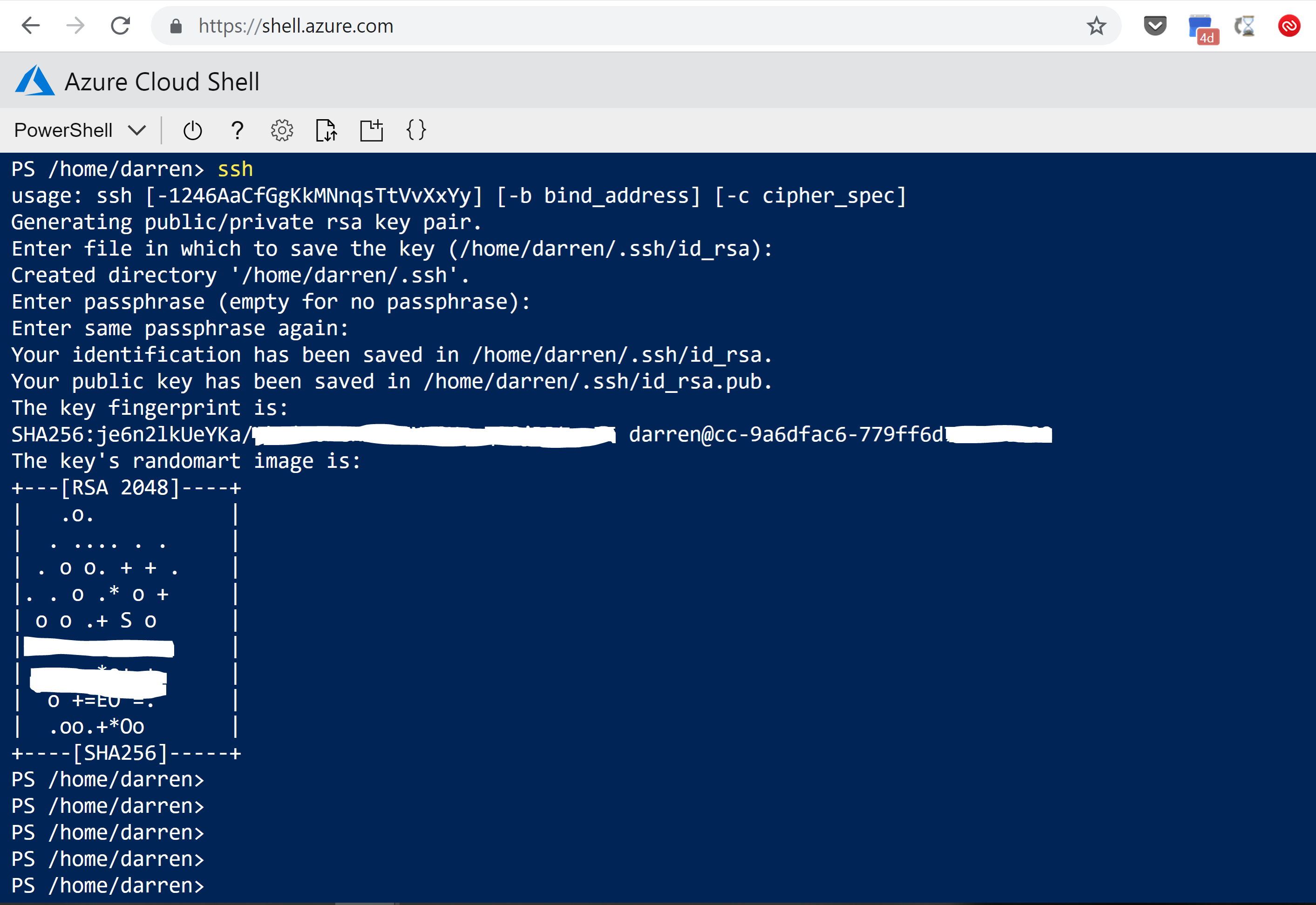
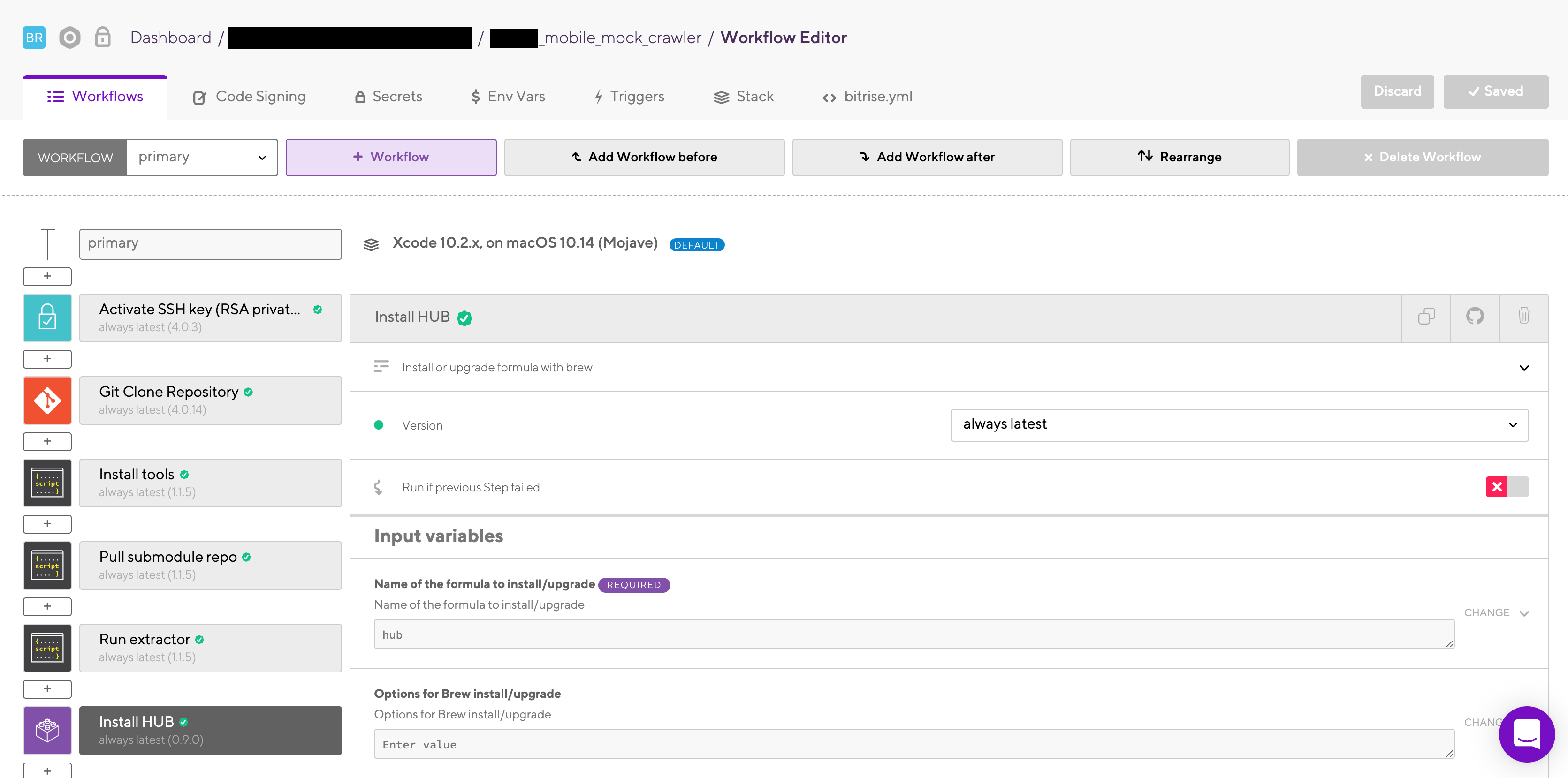
.png)





